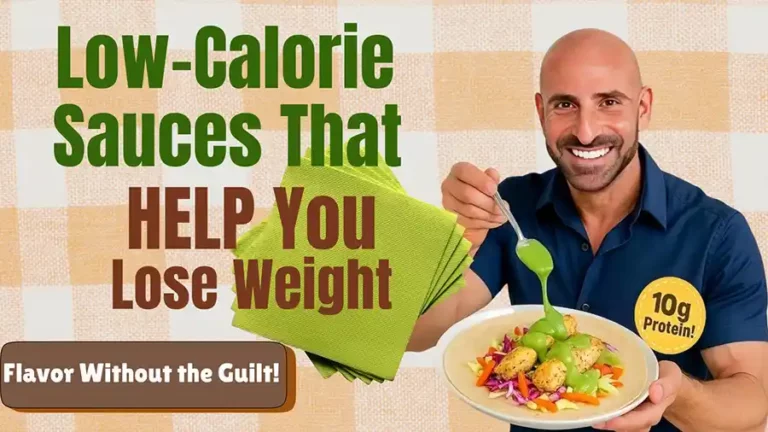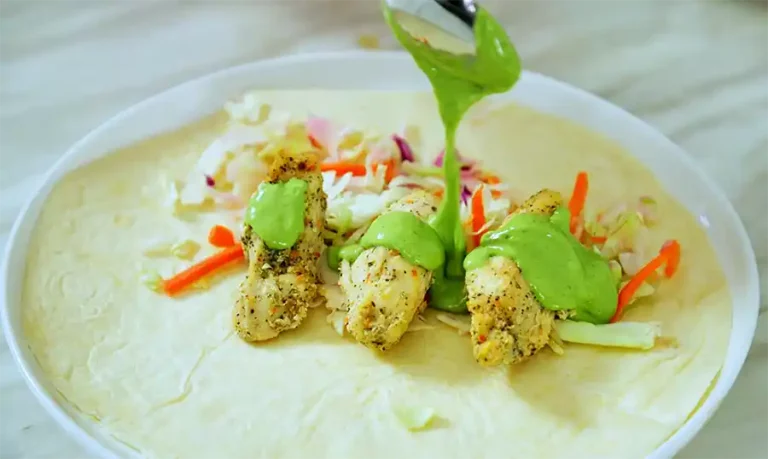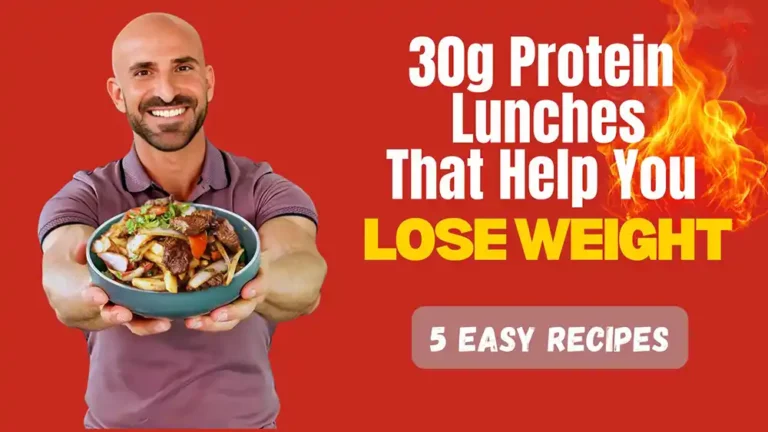Nutritionists so often talk in terms of what you should not eat, but let’s talk about what you should eat. Too frequently, poor food choices result from time crunches. You get home late, you’re tired, there’s nothing in the fridge, next thing you know you’re calling up for a convenient, local pizza delivery. But it doesn’t have to be that way. Below you’ll find five affordable, emergency foods to keep on hand that’ll help you stay on track when you’re too exhausted for an elaborate meal or just suffering from a bare fridge.
1.) Chicken breast (pre-cooked and frozen): A little preparation on the weekend goes a long way. You always need protein as part of your evening meal, but sometimes it just seems like too much of a pain to cook. So, on the weekends, defrost and batch cook your chicken by grilling, pan roasting or baking some chicken breast with your favorite seasonings or sauces. Then, all you have to do is pair your chicken throughout the week with some whole grains like quinoa or roasted vegetables for fast meals you only have to assemble. Take a moment to check out this article and video on how to meal plan throughout the week for success along with a delicious recipe using chicken and Knorr rice.
2.) Frozen vegetables: A lot of people don’t eat frozen veggies because they think of them as “processed,” but this is actually a misconception. Most frozen vegetables are frozen very soon after they are picked fresh, so they are still packed with good nutrition. Not to mention, frozen veggies are far better than no veggies at all. The best part? Not only are frozen vegetables wildly affordable, but you don’t have to worry about them spoiling in the fridge and trashing them or scrambling to use them before they go bad. Finally, if the choice is between broccoli that’s been in your fridge for seven days and broccoli from the freezer, the frozen broccoli has more of its nutrients (so long as you recycle your frozen veggies every six months). As for preparation, frozen veggies are delicious with just a brief trip to the stovetop or microwave; add a squeeze of lemon and pair them with your chicken breast for a filling lunch or quick and satisfying dinner.
3.) Healthy grains: Grains take the longest to cook, especially whole grains, so people often just opt out of them. However, whole grains are key to managing energy levels, controlling hunger with their high fiber content and contain many more nutrients than their refined counterparts. So, on that Sunday when you are making your chicken breasts, make a couple of batches of some super nutritious black rice, quinoa or even pasta. However, keep it refrigerated, not frozen, and it will last for several days in an airtight container. Then, when you get in a pinch at dinner time, all that’s left is to add it to your frozen chicken and veggies for a complete meal. You can even just cook a loin chop or chicken breast in the evening and simply reheat the grain to go with them. You’ll cut your preparation time in half!
4.) Flaxseed meal: This is a great source of Omega-3s and anti-inflammatory fiber. Take note, though, it’s important you refrigerate it because the Omega-3 fatty acids oxidize fairly quickly. The best thing about flax seed meal is its ability to give a nutrition boost of heart-healthy fiber and antioxidants to just about any meal. Stumped on how to incorporate it? Sprinkle it on a salad, on oatmeal or cold cereal. It’s also great on brown rice.
5.) Kefir: This is one that, if you’re not familiar with it, you really need to check out. Kefir is a middle eastern yogurt-like drink made of fermented milk. This means that it’s a great source of probiotics, or good bacteria that keep your gut healthy. It comes in multiple flavors, but try to stick to the plain version to avoid the excess sugars. Just eight ounces of kefir has 12-14 grams of protein which is more than milk. You can either drink kefir plain or blend it up in a smoothie with some frozen fruits or even protein powder for gut-friendly breakfast or post-workout shake.






